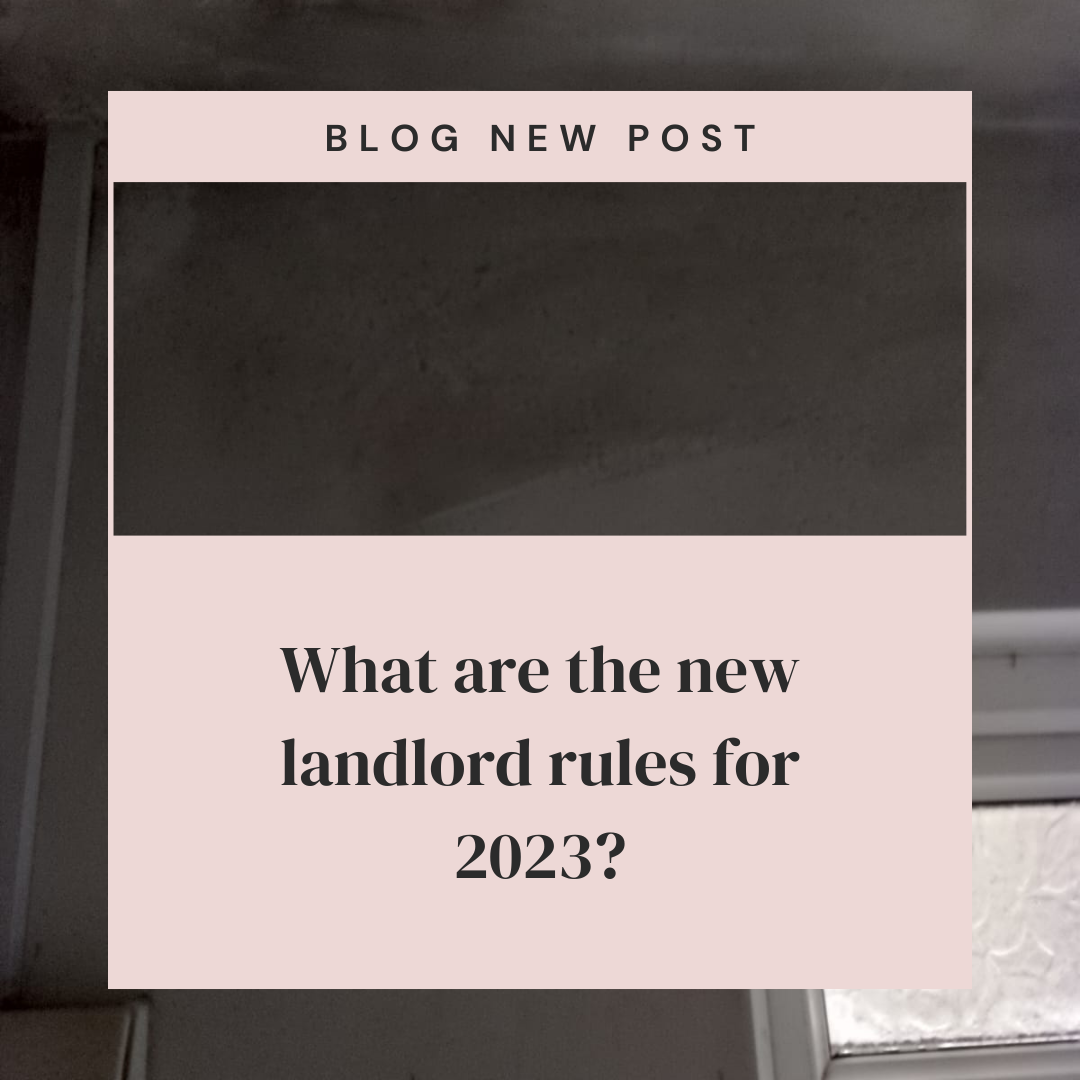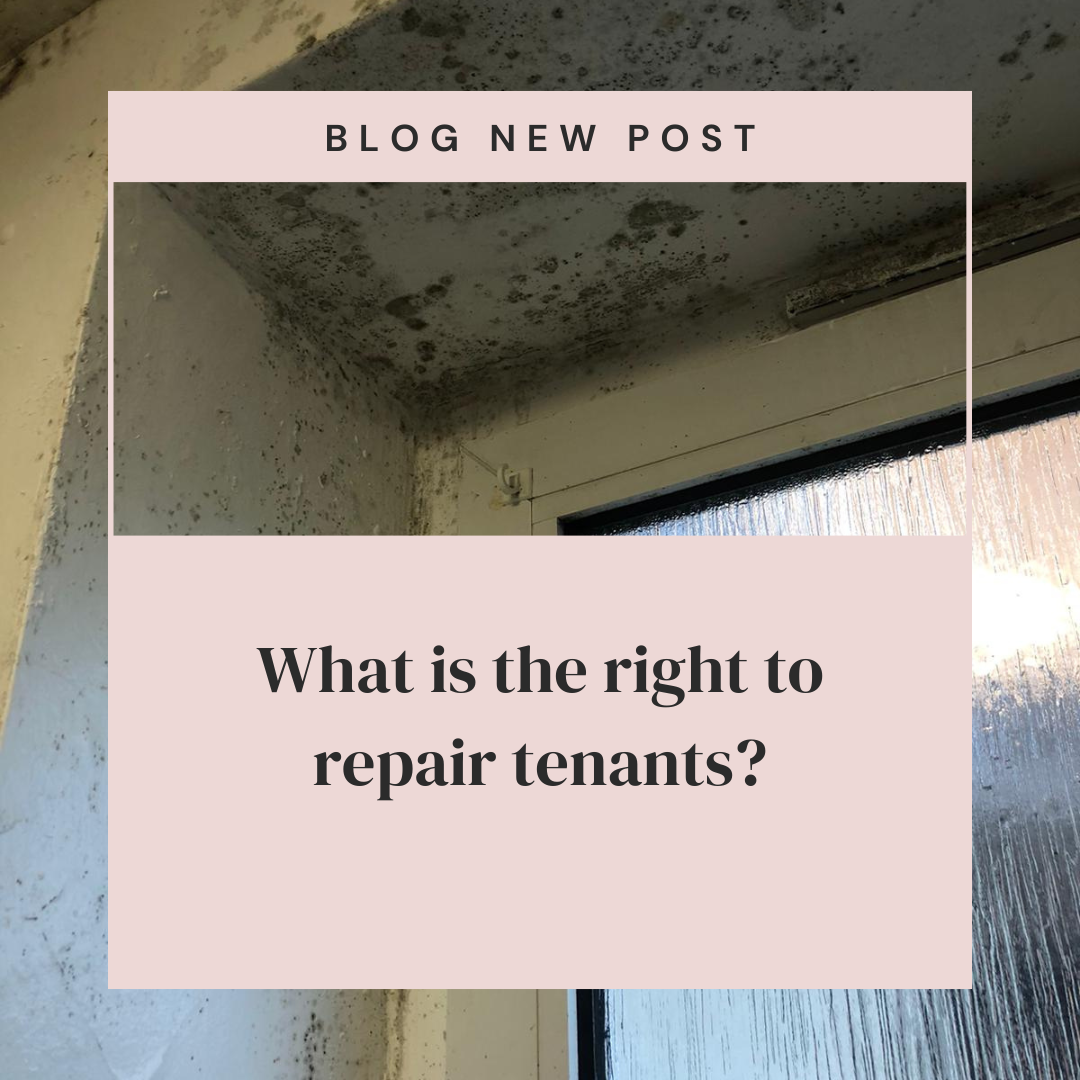Is a landlord responsible for internal doors?
Is a landlord responsible for internal doors? As a social housing tenant in England or Wales, understanding your rights and the responsibilities of your landlord is crucial. One common query among tenants pertains to internal doors: Who is responsible for their maintenance and upkeep? Let’s delve into this topic to provide clarity on the matter.
Landlord Responsibility
According to the Landlord and Tenant Act 1985, landlords are responsible for ensuring that the structure and exterior of the property are well-maintained. This includes the roof, walls, windows, and external doors. However, when it comes to internal fixtures, such as internal doors, the responsibility may vary.
Internal Doors: Tenant or Landlord Responsibility?
Typically, internal doors fall under the category of the tenant’s responsibility for maintenance and upkeep. These doors are considered part of the interior fixtures and are subjected to everyday wear and tear resulting from tenant usage.
However, there are exceptions. If the wear and tear of internal doors are due to structural issues or poor installation by the landlord, it becomes the landlord’s responsibility to rectify these issues. Landlords are obliged to ensure that all fixtures provided within the property are in good working condition at the start of the tenancy.
Tenants’ Obligations
As a responsible tenant, it is important to take reasonable care of the property, including its internal fixtures like doors. Regular maintenance, such as lubricating hinges, fixing loose doorknobs, or addressing minor damages, falls under the tenant’s responsibility.
Tenants should promptly report any significant issues with internal doors to their landlords or property management. Documenting the condition of the doors upon moving in can help clarify responsibility for any damages that occur during the tenancy.
Landlord’s Duty to Repair
While internal doors are generally the tenant’s responsibility for maintenance, landlords are obliged to promptly address any structural defects or issues arising from normal wear and tear that affect the functionality of the doors. These repairs should be carried out in a reasonable timeframe after being reported by the tenant.
Conclusion
In conclusion, landlords are typically responsible for maintaining the structure and exterior of the property, while tenants are accountable for the upkeep of internal fixtures, including doors, in social housing accommodations in England and Wales. However, if issues arise due to structural defects or poor installation, the responsibility falls back on the landlord. Tenants should ensure regular maintenance and report any significant door-related problems to their landlords promptly.
Important links
Housing Disrepair Advice: https://housingdisrepairadvice.org/contact
Housing Ombudsman: https://www.housing-ombudsman.org.uk/




